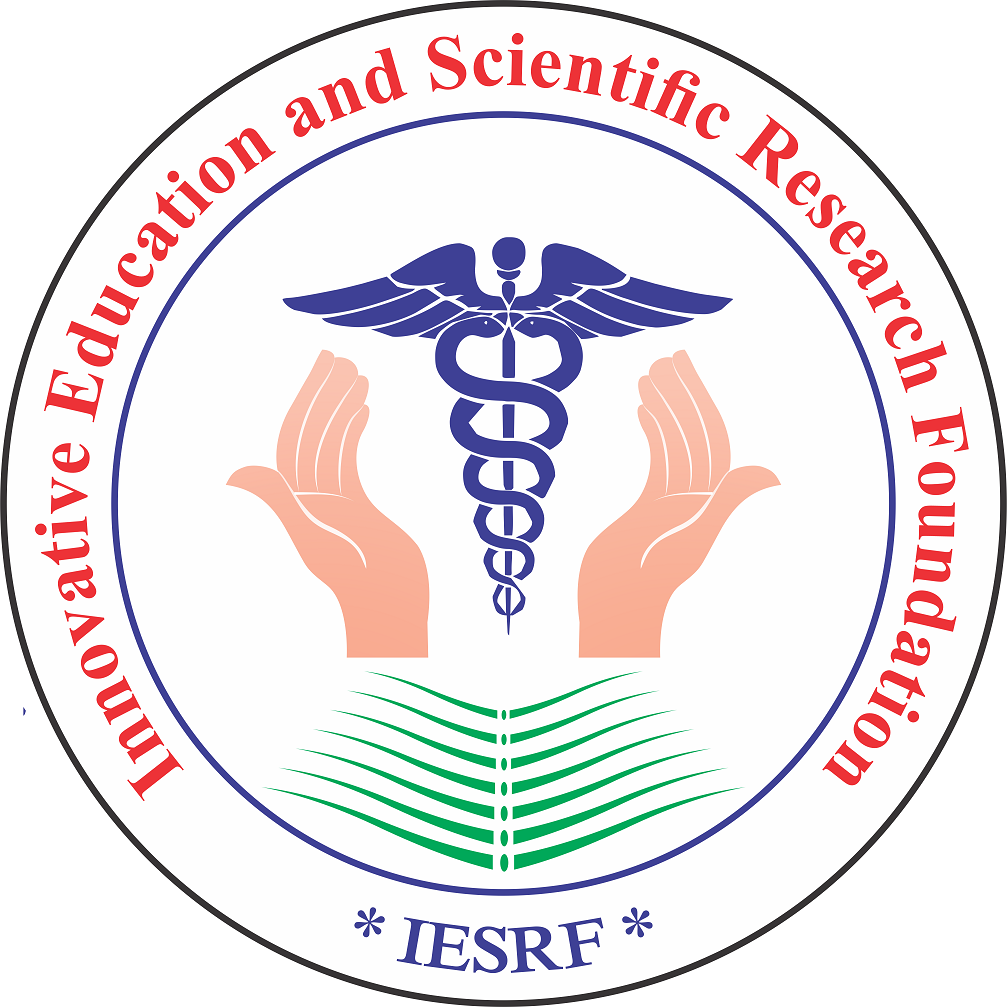- Visibility 32 Views
- Downloads 10 Downloads
Cytomorphological diversity in Hashimoto’s Thyroiditis
- Author Details:
-
Priyadarshini Devendrappa
-
Harish Sadula Govinda Reddy
Introduction: Hashimoto's thyroiditis is recognized as the next most common thyroid lesion after goiter, diagnosed on fine needle aspiration cytology. It is also considered as the foremost cause of hypothyroidism. Fine needle aspiration cytology is notably perceptive in diagnosing Hashimoto’s thyroiditis with a striking diagnostic preciseness. Our analysis is to scrutinize the cytomorphological diversity of Hashimoto’s thyroiditis.
Materials and Method: This study includes 56 patients presented with a solitary thyroid nodule and few cases with diffuse thyroid enlargement and those cases, with cytomorphological features favoring Hashimoto’s thyroiditis. Few cases were confirmed by histopathology following surgery and reported as Hashimoto's thyroiditis and immunological results were correlated whenever available.
Results: The majority of the patients in our study were females in their middle age group. In the present study lymphoid aggregates, lymphocytic infiltration amidst follicular epithelial cells and Hurthle cell change were the main highlights along with other cells like eosinophils, epithelioid cells, Plasma cells and multinucleated giant cells seen in few cases. The antibody profile was available in only 60% of the cases of which 72.72% showed evidence of raised anti-thyroid peroxidase antibody titers. The histopathological correlation was obtained only 12.5% cases.
Conclusion: Hashimoto’s thyroiditis is considered a disease of middle age with female predominance, clinical history and immunological profile alone is not sufficient in diagnosing Hashimoto’s thyroiditis. FNAC plays a symbolic portrayal in the diagnosis of thyroid lesions due to its ease and reasonable price. It can precisely diagnose Hashimoto's thyroiditis in utmost patients.
Keywords: Cytology, Hashimoto’s, Autoimmune, Hurthle cells, Thyroiditis
How to Cite This Article
Vancouver
Devendrappa P, Reddy HSG. Cytomorphological diversity in Hashimoto’s Thyroiditis [Internet]. Indian J Pathol Oncol. 2025 [cited 2025 Sep 07];4(2):227-231. Available from: https://doi.org/
APA
Devendrappa, P., Reddy, H. S. G. (2025). Cytomorphological diversity in Hashimoto’s Thyroiditis. Indian J Pathol Oncol, 4(2), 227-231. https://doi.org/
MLA
Devendrappa, Priyadarshini, Reddy, Harish Sadula Govinda. "Cytomorphological diversity in Hashimoto’s Thyroiditis." Indian J Pathol Oncol, vol. 4, no. 2, 2025, pp. 227-231. https://doi.org/
Chicago
Devendrappa, P., Reddy, H. S. G.. "Cytomorphological diversity in Hashimoto’s Thyroiditis." Indian J Pathol Oncol 4, no. 2 (2025): 227-231. https://doi.org/
